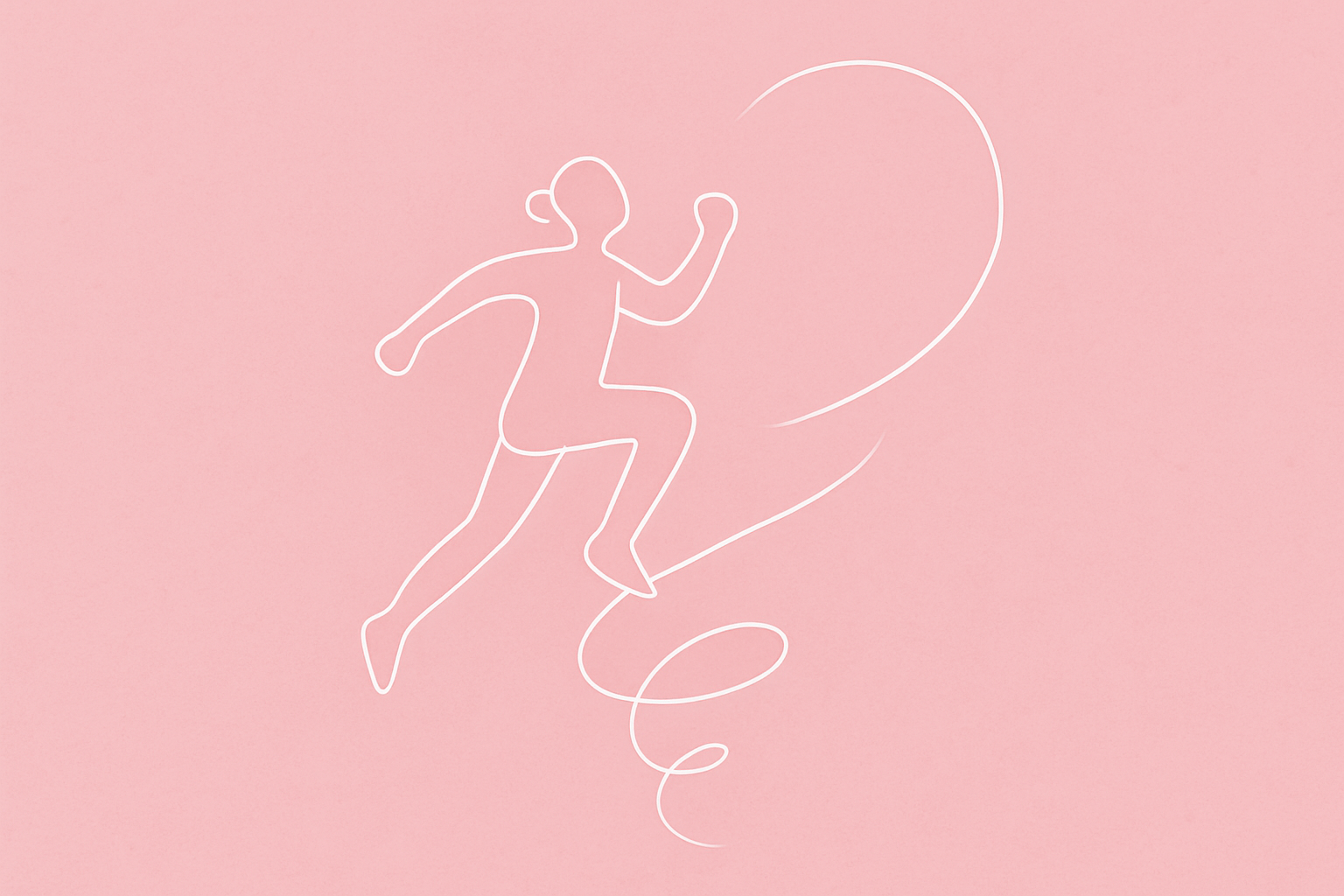For years, Cognitive Behavioral Therapy (CBT) has been the gold standard therapeutic treatment used for pain management. However, studies show that CBT is only moderately effective in maintaining long-term relief. CBT is beneficial in helping those with chronic pain challenge and reframe negative thoughts to better manage their symptoms and improve mental wellbeing. But, it is not enough to get patients out of pain or even maintain long-term pain reduction. Pain Reprocessing Therapy (PRT) takes things a step further. While CBT can help manage pain, PRT aims to eliminate it. PRT is a system of techniques aimed at retraining the brain’s response to pain, thereby breaking the pain-fear cycle and turning off faulty pain signals.
“You can change your thinking from unconciously predicting that your future is your same familiar past to beginning to expect and anticipate a new potential outcome.” – Dr. Joe Dispenza
The Power of Belief in Healing
One of the biggest differences between CBT and PRT is the heavy emphasis on belief. While CBT focuses on managing something believed to be chronic or life-long, the basis of PRT is quite the opposite. With PRT, the belief is that pain is not chronic but rather caused by reversible neural pathways in the brain. Research shows that pain beliefs massively shifted pre- and post-PRT in a study conducted in Boulder, Colorado. For example, researchers used word attributions to monitor the beliefs of study patients and noticed a shift from the belief that their pain is caused by “injury” to the belief that their pain is caused by the “brain” or “stress”. When people truly believe that they can unlearn their pain, and that their pain is due to brain processes and not to bodily injury, real and long-lasting healing begins.
Research
Cognitive-behavioral therapy is currently the most common psychological intervention for chronic pain – though, not the most effective. A trial studied 89 patients with severe chronic pain who underwent 8 sessions of CBT over the course of 4 weeks. These patients had symptoms ranging from CRPS to fibromyalgia, back pain, headaches, and neuropathic pain. Mindfulness-based CBT was administered, which focuses on coping with pain with awareness and acceptance. The study found no significant changes in the Beck Depression Inventory, Beck Anxiety Inventory, and World Health Organization Quality of Life scores following CBT. This lack of significant effects indicates that a 4-week CBT intervention was not sufficient to alleviate depression and anxiety nor to improve the quality of life of patients in severe chronic pain. Simply put, CBT did not statistically reduce pain or distress, and participants did not show significant improvements in pain or emotional distress after completing CBT.1
In contrast, 150 chronic back pain patients were randomized to usual care, open-label placebo, or 8 sessions of PRT over the course of 4 weeks. In the PRT group, 98% of patients improved, and 66% of patients were pain-free or nearly pain-free at the end of treatment! And these outcomes were largely maintained one year later. The study found that participants got out of pain with reduced harm beliefs and activity avoidance, changing pain attributions to mind-body causes, and real brain changes showing reductions in brain responses to evoked back pain on fMRIs.2
-
Lim JA, Choi SH, Lee WJ, Jang JH, Moon JY, Kim YC, Kang DH. Cognitive-behavioral therapy for patients with chronic pain: Implications of gender differences in empathy. Medicine (Baltimore). 2018 Jun;97(23):e10867. doi: 10.1097/MD.0000000000010867. PMID: 29879022; PMCID: PMC5999451.
-
Ashar YK, Gordon A, Schubiner H, Uipi C, Knight K, Anderson Z, Carlisle J, Polisky L, Geuter S, Flood TF, Kragel PA, Dimidjian S, Lumley MA, Wager TD. Effect of Pain Reprocessing Therapy vs Placebo and Usual Care for Patients With Chronic Back Pain: A Randomized Clinical Trial. JAMA Psychiatry. 2022 Jan 1;79(1):13-23. doi: 10.1001/jamapsychiatry.2021.2669. PMID: 34586357; PMCID: PMC8482298.
